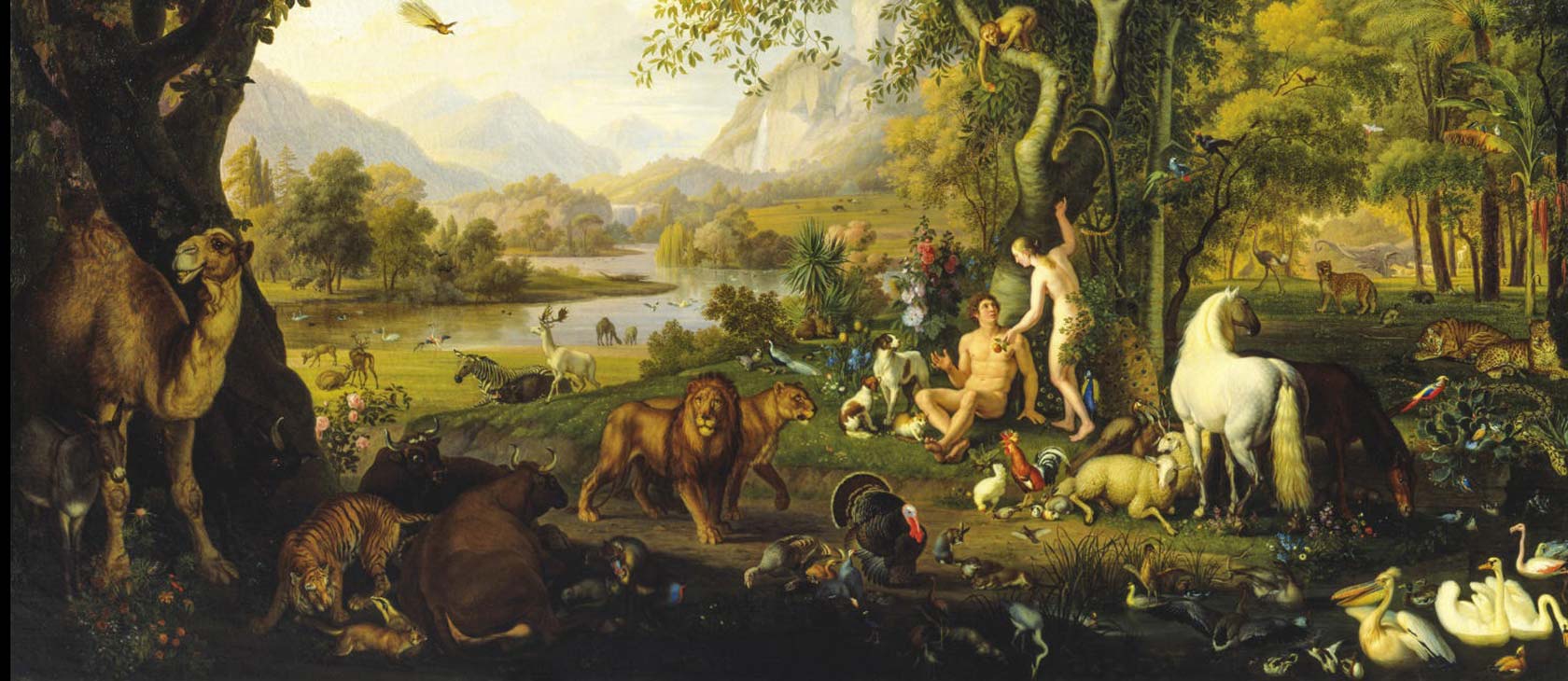The most reported remarks from September’s United Nations Climate Action Summit in New York were not from a scientist, an economist, or any of the world leaders present. They were the words of 16-year-old Greta Thunberg: “People are dying. Entire ecosystems are collapsing. We are in the beginning of a mass extinction.” Her remarks were passionate, full of anger, frustration, and fear. They were not grounded in any sound science, economic analysis, or political realism. They announced a sort of secular apocalypse.
Apocalyptic thinking precedes our debate over climate change and environmental stewardship by several millennia. There is, of course, a kernel of truth to this thinking. The prophets teach us that an apocalypse is an “unveiling,” that there will be both an end to life as well as a last judgment. This tends to order the mind. The cause of that end, however, will not be merely material but providential, and “the day and the hour knoweth no man.” Moreover, it is unavoidable and, as such, creates a sense of urgency in those who believe in its coming. We learn to judge ourselves and our own actions against its looming backdrop.
Note, however, the difference with the apocalyptic thinking of much of the environmental movement. Their coming environmental apocalypse springs from material causes, which change over the decades. It comes to us with dire but constantly changing warnings akin to the “new light” dispensed by the Watchtower Society: 1874, no 1914, no 1924, back to 1914; perhaps 1975 … ? Its date is certain, however many times it is revised and pushed back. In the case of the Environmentalist Watchtower, the end is always avoidable, as long as its directives to increase the size of the State are heeded.
Creation is a gift of a loving God. The earth is our home, not our judge. The responsibilities of environmental stewardship are among the many obligations we have, all of which must be balanced and properly discerned. We are entrusted with a garden, not a jungle, one that we are to till and keep (Gen. 2:15). In substituting a secular environmental apocalypse, we are being admonished to cease tilling and keeping, to back off and let the garden return to its natural state, so to speak. This is the moral superiority of the jungle, as though the work of human labor despoils rather than enhances the creation. Animated by fear, we are encouraged to embrace an ideology of primitivism.
At a conference in Rome Jonas Marcolino Macuxí, the chief of the Amazonian Macuxi tribe, spoke of the dangers of such a primitivist ideology. In his home country of Brazil, he describes how missionary workers informed by liberation theology embraced the environmental movement and its deficient anthropology. This has prevented the Amazon region from developing and traps indigenous people in poverty. He told the National Catholic Register:
Many of the great Indian leaders see such theology as a leveling down. These liberation theologians are promoting the idea that the Indians who still live in a primitive way are very happy, living in paradise, etc., and wanting to promote this idea to everybody else.
But that’s not true. It’s false. We are not living in paradise. It’s a very hard life; people have insects all over their feet, bats in their homes.
The words of Jonas Marcolino Macuxí were not nearly as widely reported as those of Greta Thunberg. They complicate the narrative. We have many pressing environmental concerns, but those are not our only concerns. The fear of secular environmental apocalypse causes many to forget those concerns; in surrendering ourselves to an ideology rooted in fear, we forget our duties to our neighbors and to nature itself.
Our charge to till and keep the creation is a hopeful but difficult one. It involves enjoying the fruits of the earth and treasuring it as a gift. It involves making prudential judgments balancing our rights and duties. It is only through this sort of careful discernment, informed by sound economic principles, that we can realize the common good, including the care for the earth, our common home.




